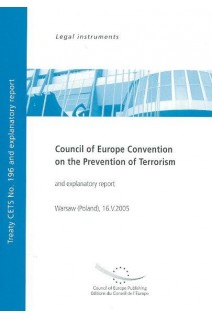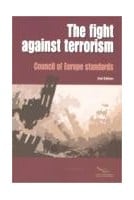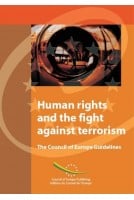After 11 September 2001, the Council of Europe undertook to identify gaps in international law and action with a view to contributing to the efforts of the international community against terrorism. As a result, it drew up the new Convention on the Prevention of Terrorism which was opened for signature at the 3rd Summit of Heads of State and Government of the Council of Europe in May 2005.The convention aims at enhancing states' efforts to prevent terrorism and its negative effects on the full enjoyment of human rights, in particular the right to life, by measures to be taken at national level and through international co-operation. It defines three new principal offences: public provocation to commit a terrorist offence, recruitment for terrorism and training for terrorism, which are considered to be terrorist offences in so far as they are connected with the possible perpetration of the offences included in the international conventions against terrorism. Furthermore, it contains several provisions concerning the protection of human rights and fundamental freedoms, including grounds for refusal of extradition and mutual assistance and a provision on the protection of the victims of terrorism.This publication contains the text of the convention and its explanatory report, which is intended to facilitate the reader's understanding of the convention and its operation.














